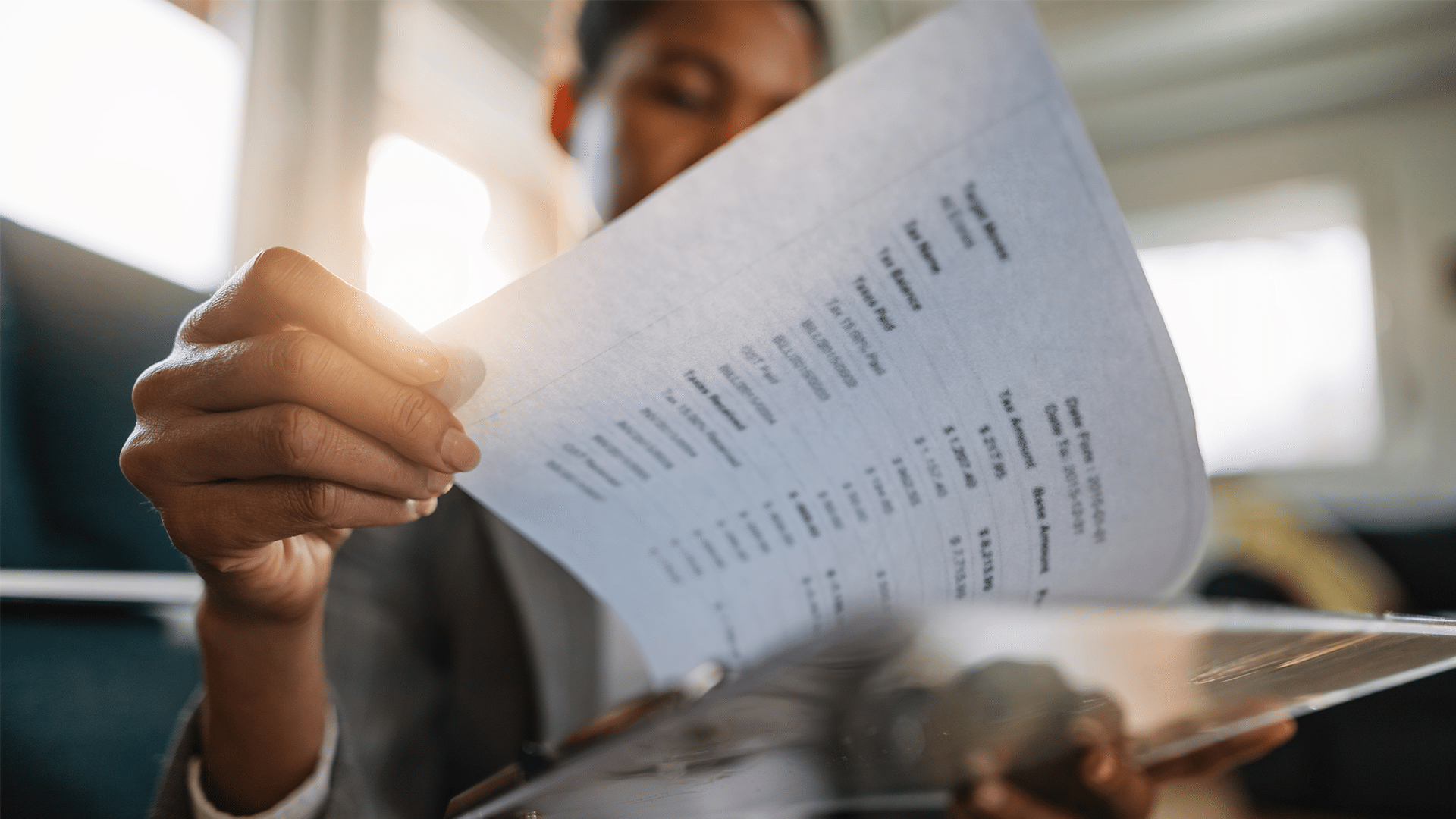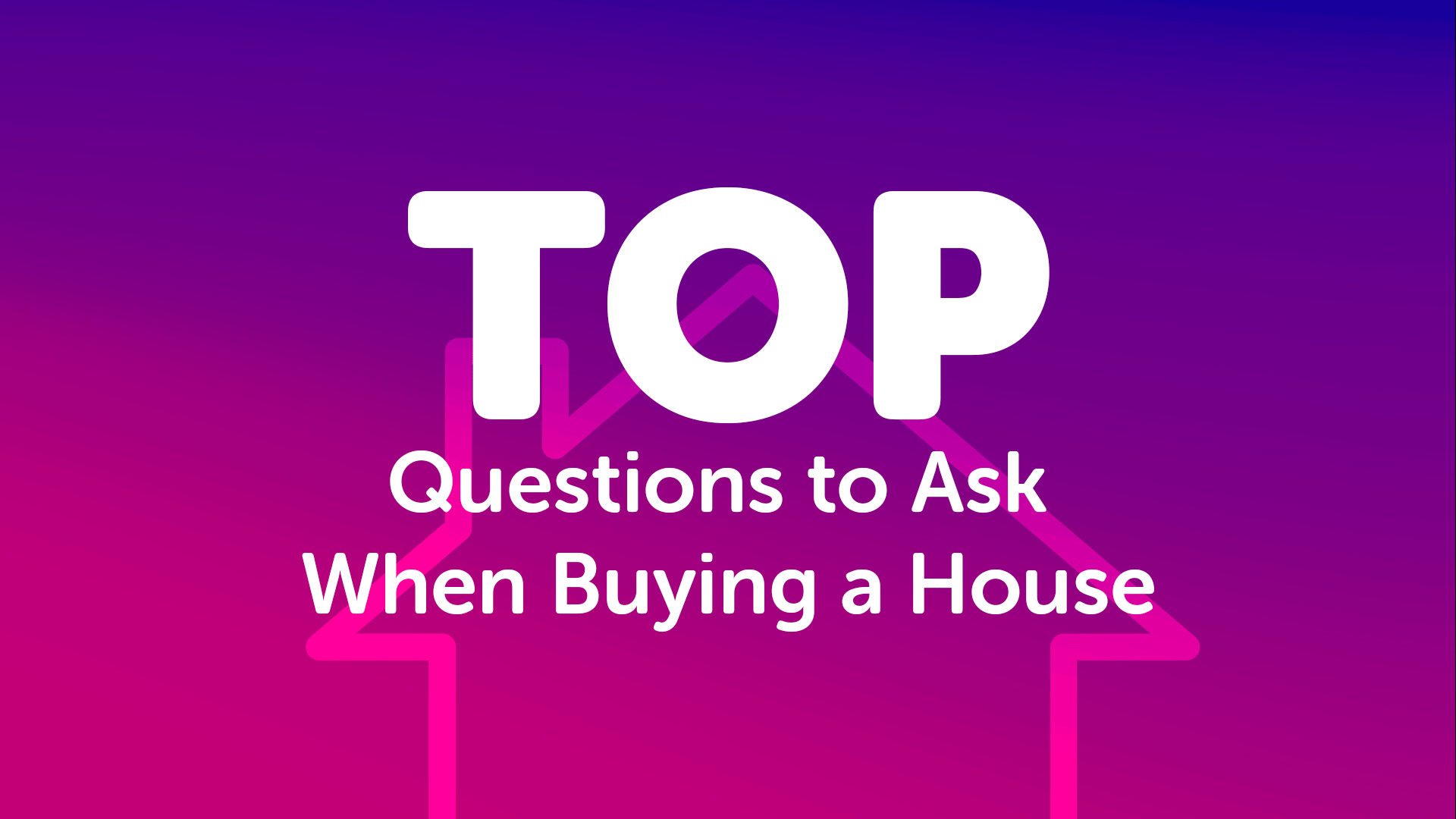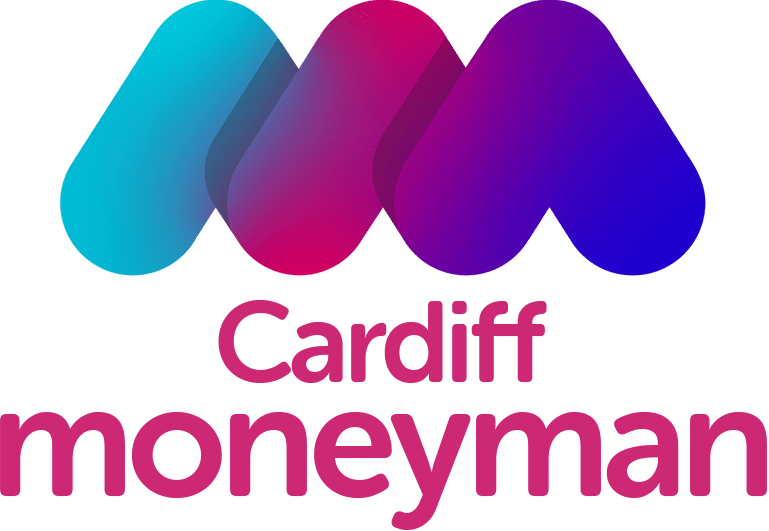When preparing for a mortgage appointment in Cardiff, ensuring you have all the necessary documents can streamline the process and enhance your chances of securing the best mortgage deal.
Whether you’re a first time buyer in Cardiff or looking to remortgage on Cardiff, having the right paperwork on hand will make your appointment more productive and efficient.
This guide will help you understand what to bring to your mortgage appointment in Cardiff, so you can walk in with confidence and leave with a clear path to homeownership.
What to Take to a Mortgage Appointment:
1 – Proof of Identity
When attending a mortgage appointment in Cardiff, you’ll need to provide proof of your identity. This helps verify who you are and is a legal requirement for mortgage applications.
Accepted forms of identification include a valid passport, a driving licence (full or provisional), or an EU national ID card.
Ensure your identification is current and matches the name on your mortgage application.
2 – Proof of Address
Proof of address is essential to confirm your residential status. You can provide recent utility bills, a council tax bill, or bank statements dated within the last three months.
Make sure the address on these documents matches the address on your mortgage application.
3 – Proof of Income
Lenders need to see proof of your income to assess your ability to repay the mortgage.
Documents to bring include your last three months’ payslips, your latest P60 form, and an employment contract or a letter from your employer confirming your salary.
If you receive any additional income, such as bonuses or overtime, bring documentation to support this as well.
4 – Bank Statements
Providing your bank statements helps lenders understand your financial behaviour and manage your accounts.
You should bring bank statements for the last three to six months, showing your income, outgoings, and any regular payments or savings.
5 – Credit Report
A credit report gives lenders insight into your credit history and current credit status.
It’s advisable to bring a recent credit report from one of the major credit reference agencies, such as Experian, Equifax, or TransUnion.
Reviewing your credit report beforehand can also help you address any discrepancies.
6 – Employment Details
Lenders will want to confirm your employment details to ensure job stability. Prepare to provide your employer’s contact information, your job title, and length of employment.
If you are newly employed, details of any probationary period may also be required. If you’re on a temporary contract, additional documentation may be needed to show employment continuity.
7 – Details of Existing Debts
Lenders need a clear picture of your financial obligations.
Bring details of outstanding loans, credit card balances, and any other debts, such as car finance or personal loans. Provide recent statements or account summaries showing the amount owed and the repayment terms.
8 – Proof of Deposit
Proof of deposit demonstrates your ability to provide the required down payment.
Acceptable documents include bank statements showing savings over time, a letter from the person providing a gift (if applicable) along with their bank statement showing the funds, or the sale contract of any property being sold to provide the deposit.
Make sure these documents clearly indicate the source and availability of your deposit.
9 – Information on the Property
Details about the property you wish to buy are crucial for the mortgage application.
Bring the property address, the estate agent’s details, and a copy of the sales agreement or memorandum of sale. Also, include information on the property’s price and any renovations needed.
Having these details ready helps the lender understand the specifics of your potential new home.
10 – Additional Documents for Self Employed Applicants
If you are self employed in Cardiff, you’ll need to provide more detailed financial information.
This includes your last two to three years of SA302 forms or tax year overviews, full business accounts for the last two to three years, and bank statements for your business account for the last six months.
Having these documents ensures that lenders can accurately assess your financial stability.
Questions to Ask During Your Appointment
To make the most of your mortgage appointment, consider asking the following questions:
- What types of mortgages are available to me?
- What are the current interest rates?
- Are there any fees associated with the mortgage application?
- How much can I borrow based on my financial situation?
- What are the repayment terms and options?
- Can I make overpayments or early repayments without penalties?
- What happens if I miss a payment?
- Are there any special offers or incentives available?
Asking these questions will help you understand your options and make informed decisions about your mortgage in Cardiff.
Date Last Edited: May 7, 2025














